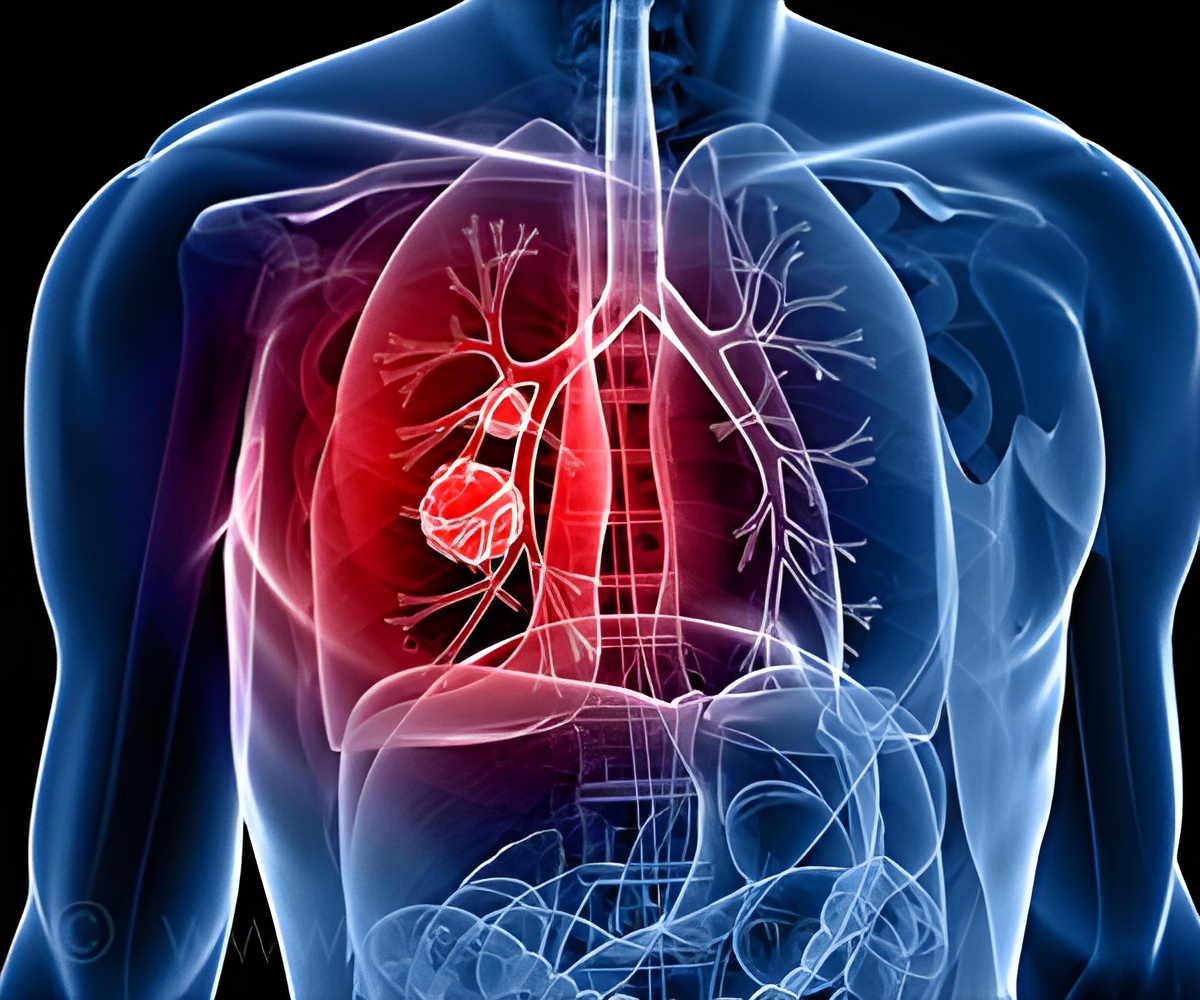Millions of patients with lung cancer, the most common and deadliest type of cancer, found gene targeted therapy and immunotherapy as a life-saving option.

‘Medical innovations in gene targeted therapy and immunotherapy treatments can extend the five-year survival rate among lung cancer patients.’
Read More..




Medical innovations in gene targeted therapy and immunotherapy treatments can extend the five-year survival rate to 23 percent, up from 15 percent in the past.”Read More..
There are 2.09 million lung cancer cases and 1.76 million lung cancer deaths– more deaths than colorectal and breast cancer combined, according to the World Health Organization.
Dr. Hassan stresses the need for early detection at advanced stage. Surgery, chemotherapy, and radiation therapy continue to be commonplace treatments.
Gene targeted therapy with drugs that target specific genetic mutations that contribute to cancer growth, can be useful, especially in patients who are non-smokers but have genetic mutations, as there are more than 200 genetic biomarkers for lung cancer like EGFR, ALK, ROS-1, BRAF, MET, NTRK, and RET.
Immunotherapy treatments can also help people’s immune systems to recognize and attack cancerous cells.
Advertisement
Exposure to secondhand smoke may also increase the risk of getting lung cancer by 20 to 30 percent. Screening is required for those 55-77 years old, who have smoked one pack or more a day for 30 years, and currently smoke, or have quit within the past 15 years.
Advertisement
Patients with symptoms – coughing, shortness of breath, chest pain, or blood in their sputum – should see a doctor for screening immediately, Dr. Hassan stresses.
Source-Medindia












